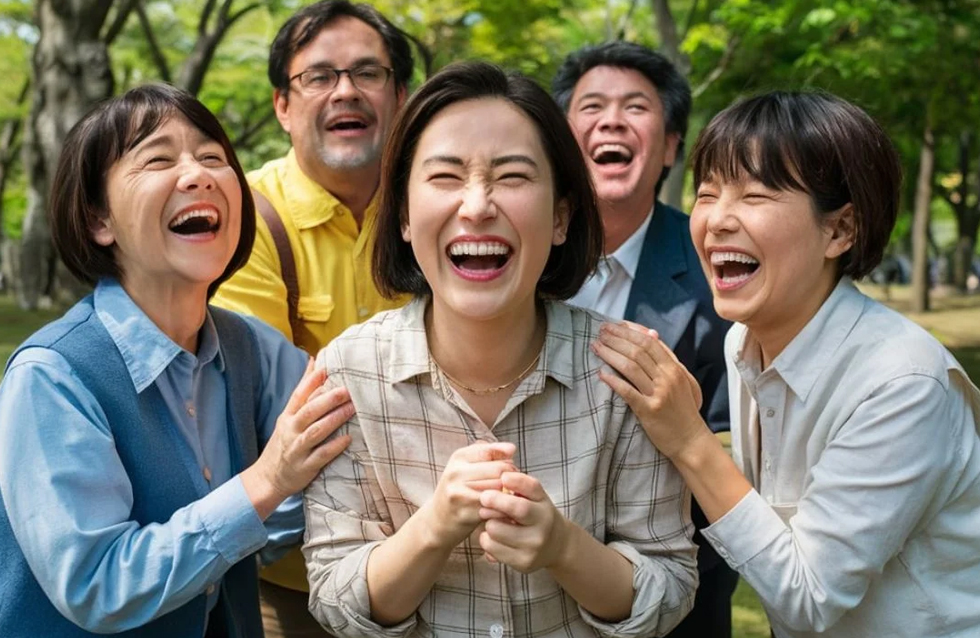
The local government in Japan’s Yamagata prefecture has introduced an ordinance encouraging residents to laugh at least once daily to promote better physical and mental health, according to a report by South China Morning Post.
Passed by members of the Liberal Democratic Party (LDP) last Friday, the ordinance aims to foster a happier and healthier community. It also calls on business operators to create a work environment filled with laughter.
This initiative is based on research from Yamagata University’s Faculty of Medicine, which links laughter to improved health and longevity. A 2020 study published in the Journal of Epidemiology observed 17,152 subjects over the age of 40 and found that low frequency of laughter was associated with higher all-cause mortality and cardiovascular disease incidence. Laughter has also been linked to life enjoyment, positive psychological attitudes, and higher levels of competence, trust, openness, and conscientiousness.
Implementation of laughter law and penalties
The ordinance designates the eighth day of every month as a day to promote health through laughter. Despite the local authorities clarifying that there will be no penalties for those who fail to laugh daily, the legislation has faced opposition from members of the Japanese Communist Party (JCP) and the Constitutional Democratic Party of Japan (CDPJ).
Criticism of Japan’s laughter law
Critics and those opposed to the legislation argued that laughter was a part of freedom of expression and associated with one’s fundamental human rights, and therefore should not be enforced by law. Some even pointed out that people may have illnesses or other reasons preventing them from laughing.